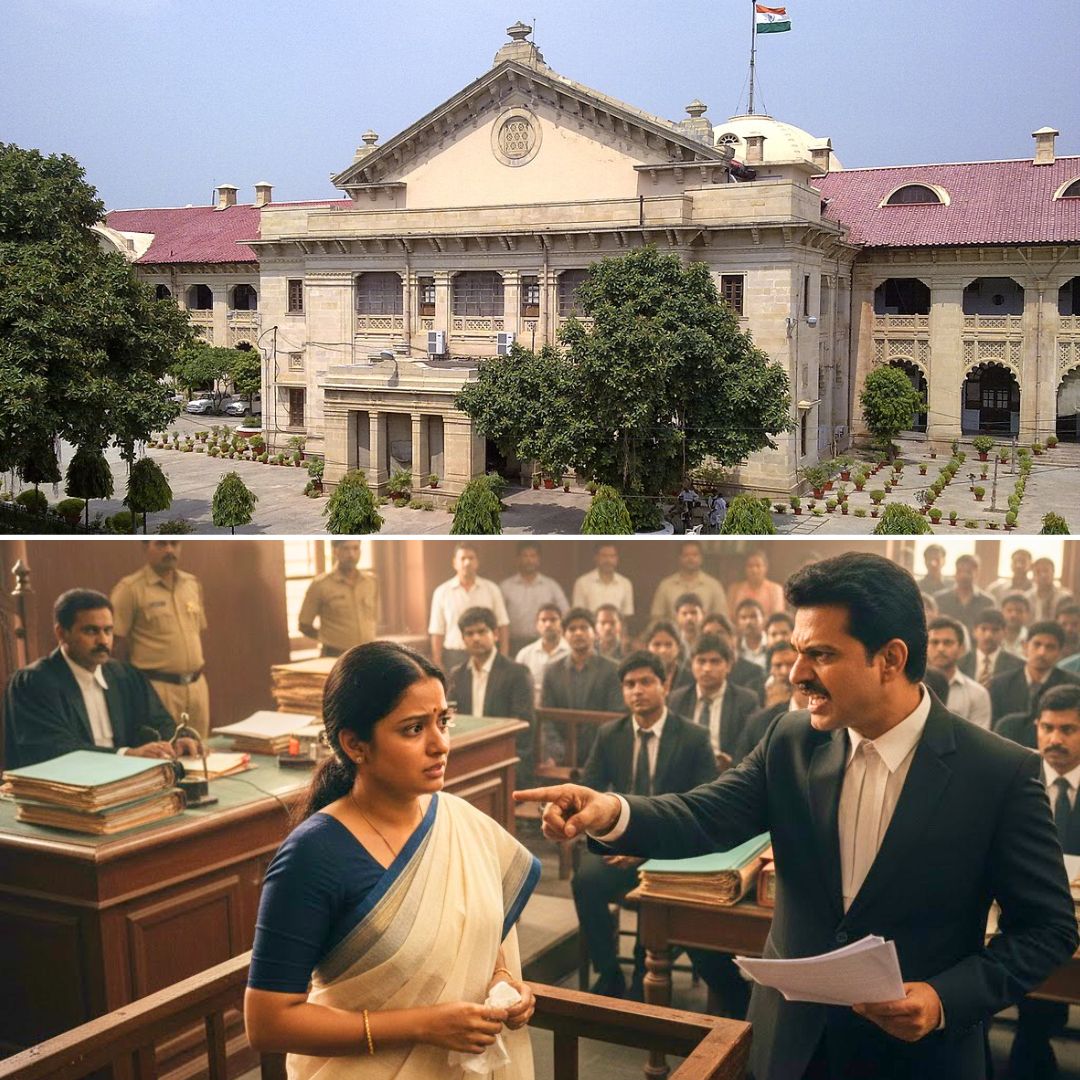The Allahabad High Court recently quashed a POCSO case lodged by a woman’s father against her husband, contending that forcing the wife to testify against her spouse despite her sworn denial of the allegations amounts to harassment.
The court highlighted that the woman, who is now married to the accused and supports quashing the proceedings, would suffer needless stigma and indignity from prolonged court appearances.
The judgement stresses the misuse of judicial process and upholds the importance of consent and agency in such sensitive legal matters.
Forcing Wife to Testify Against Husband “Harassment”
The case originated when the woman’s father filed an FIR alleging kidnapping and sexual offences under Sections 363 and 366 IPC and POCSO Act. The police filed a charge sheet after investigation and the trial commenced.
However, the woman consistently stated she left home voluntarily and later married the accused after reaching the age of majority, supporting dismissal in an affidavit. The court recognised the marriage as lawful and consolidated it with the social realities of consent and long-term relationship.
Court Quashes POCSO Case
Justice Kshitij Shailendra used inherent powers under Section 528 of the Bharatiya Nagarik Suraksha Sanhita to quash the case, noting that pursuing trial would amount to “instrument of harassment.”
He distinguished this from Supreme Court precedents where post-conviction appeals were treated differently, emphasising this was a pre-trial matter.
The court referred to prior rulings that quashed cases once victims married the accused and denied accusations, urging the justice system to focus on substantive fairness over formal procedures.
The Logical Indian’s Perspective
This judgement underscores respecting women’s autonomy in legal proceedings and preventing the misuse of law for harassment or social control.
A just system balances protecting vulnerable individuals and upholding agency and dignity without prolonging trauma through needless litigation. Strengthening support, education and fair jurisprudence can empower women to assert their truth confidently.












